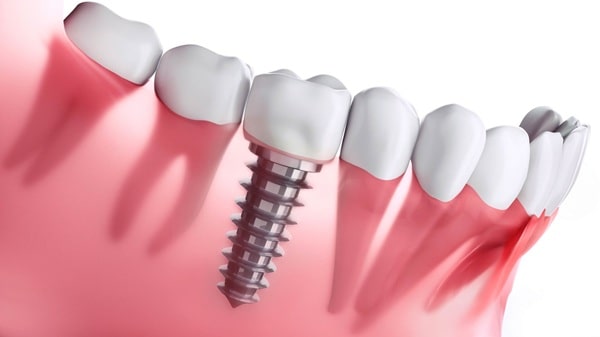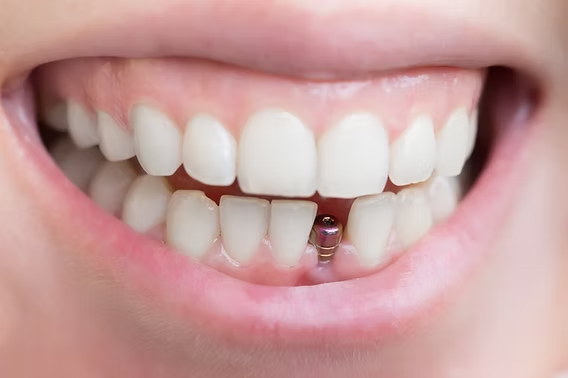When it comes to dental health, two procedures often come up in conversations: Dental Implants and Root Canal Treatment (RCT). To provide clarity, we’ve gathered insights from two dental experts, Dr. Shankhadeep Saha, a specialist in Periodontics and Implantology, and Dr. Sophia Saud, an Endodontist and Aesthetic Specialist. Both practitioners bring their expertise to Kosmix Dental Clinic in HSR Layout, Bengaluru, where they’re committed to providing comprehensive dental care.
Here’s what they have to say about these common dental treatments.
Dental Implants: A Modern Solution for Missing Teeth

Dr. Shankhadeep Saha:
“Imagine losing a tooth and having it replaced with something that feels, looks, and functions just like the original. That’s what dental implants offer. They’re titanium posts surgically placed into the jawbone, acting as artificial tooth roots. Over time, they integrate with the bone—a process called osseointegration—creating a stable foundation for crowns, bridges, or dentures.”
Why Choose Dental Implants?
- Durability: With proper care, implants can last many years, even a lifetime.
- Bone Preservation: They prevent bone loss, which often occurs when teeth are missing.
- Natural Appearance: Implants look and feel like real teeth, offering excellent aesthetics.
The Process Explained:
- Consultation: X-rays and scans to assess bone health.
- Implant Placement: Surgical insertion of the implant into the jawbone.
- Healing Period: A few months of healing for the implant to fuse with the bone.
- Restoration: Placement of a crown or bridge to complete the tooth structure.
Dr. Saha’s Takeaway:
“Implants are life-changing for people with missing teeth. They not only restore function but also improve confidence by providing a natural-looking smile.”
Root Canal Treatment (RCT): Saving Your Natural Teeth
Dr. Sophia Saud:
“Root canal treatment often gets a bad reputation, but it’s one of the most effective ways to save a tooth that’s infected or severely damaged. The procedure involves removing the damaged pulp from inside the tooth, cleaning the root canals, and sealing them to prevent further infection.”
When Is RCT Needed?
- Persistent toothache or sensitivity
- Swelling around the tooth or gum
- Discoloration of the tooth
- Abscess or signs of infection
The Step-by-Step Process:
- Diagnosis: X-rays to assess the extent of the damage.
- Access Opening: Drilling into the tooth to reach the pulp.
- Cleaning and Shaping: Removing infected tissue and shaping the canals.
- Sealing: Filling the canals with a biocompatible material.
- Restoration: A crown is often placed to protect the tooth.
Dr. Saud’s Insight:
“Many people fear RCT because of outdated perceptions. The truth is, with modern techniques and anesthesia, it’s a relatively comfortable procedure that can save your tooth and relieve pain.”
Final Thoughts
Dr. Saha:
“Both dental implants and RCTs are designed to restore your oral health. The choice depends on the condition of the tooth and your overall dental health.”
Dr. Saud:
“Regardless of the treatment, the key is early detection. Regular dental check-ups help catch problems before they become serious.”
Whether you’re considering an implant or facing the need for an RCT, understanding your options can help you make informed decisions about your dental care. If you’re in Bengaluru, you can find expert care at Kosmix Dental Clinic in HSR Layout, where Dr. Saha and Dr. Saud combine their expertise to offer comprehensive dental solutions.

